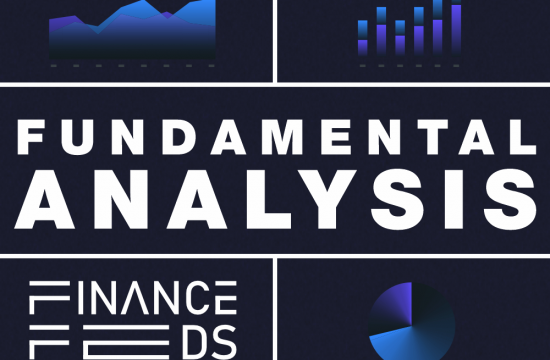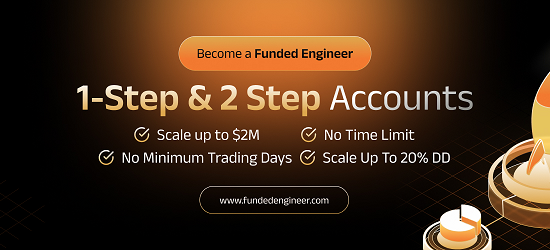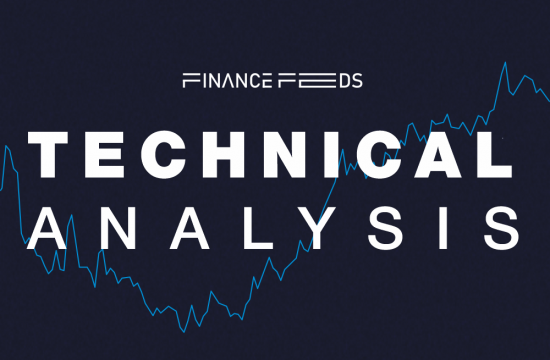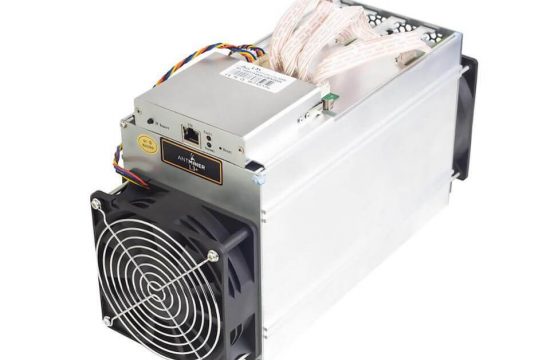Bitcoin-based DeFi platform DeFiChain has activated the Fort Canning Road hard fork on its network on Monday, which took place on Block Height 1,785,960.

With the launch of its hard fork, DeFiChain is fixing the premium pricing issue of decentralized assets (aka dTokens) that users create on the platform. Citing a “constantly high demand,” the dTokens were trading at a 10-15% premium over the prices of underlying stocks.
This effectively held users on DeFiChain platform back from going long on dTokens – which are similar to stock market indexes in that they reflect the value of another asset, but are fully autonomous.
The Fort Canning hard fork makes the trading process more consistent by keeping the dToken prices – which change in value in tandem with corresponding shares – within a +/- 5% range. So, in the cases where a dToken is further than 5% away from the real price, every 7*288 blocks brings its price back within the acceptable range. In practice, this situation offers low-risk, short-term arbitrage opportunity and allows users to profit from differences in the asset’s listed price.
U-Zyn Chua, Lead Researcher at DeFiChain, commented: “Bringing dTokens closer to their real world counterparts will make them significantly more attractive for investors and pave the way for the future adoption of DeFiChain. Additionally, the futures contracts offer lucrative arbitrage opportunities for traders.”
The vaults are collateralized by dUSD
Meanwhile, the recent hard fork enables participants on the DeFiChain blockchain to use its native stablecoin dUSD as collateral at a fixed price of $0.99. Before that upgrade, the vaults have to be collateralized 100% by DFI—DeFiChain’s native currency. Alternatively, the collateral can also be split up into 50% DFI and 50% in an established cryptocurrency. Now, the dUSD will be traded the same way as the mandatory 50% DFI condition and users can mint new dTokens by providing only it as collateral.
DeFiChain notes that its dTokens are not “securities”, meaning they give users price exposure but not ownership, voting rights, dividends, or other benefits available to stockholders. The price of the decentralized assets may not always mirror the underlying asset’s price as well because of fluctuations in the supply and demand of dTokens.
Additionally, the value of these tokens is secured not by the traditional assets that they track, but rather by cryptocurrencies that are deposited into vaults. Specifically, users can mint dTokens on the DeFiChain blockchain by depositing BTC, DFI, dUSD, USDT or USDC as collateral.










